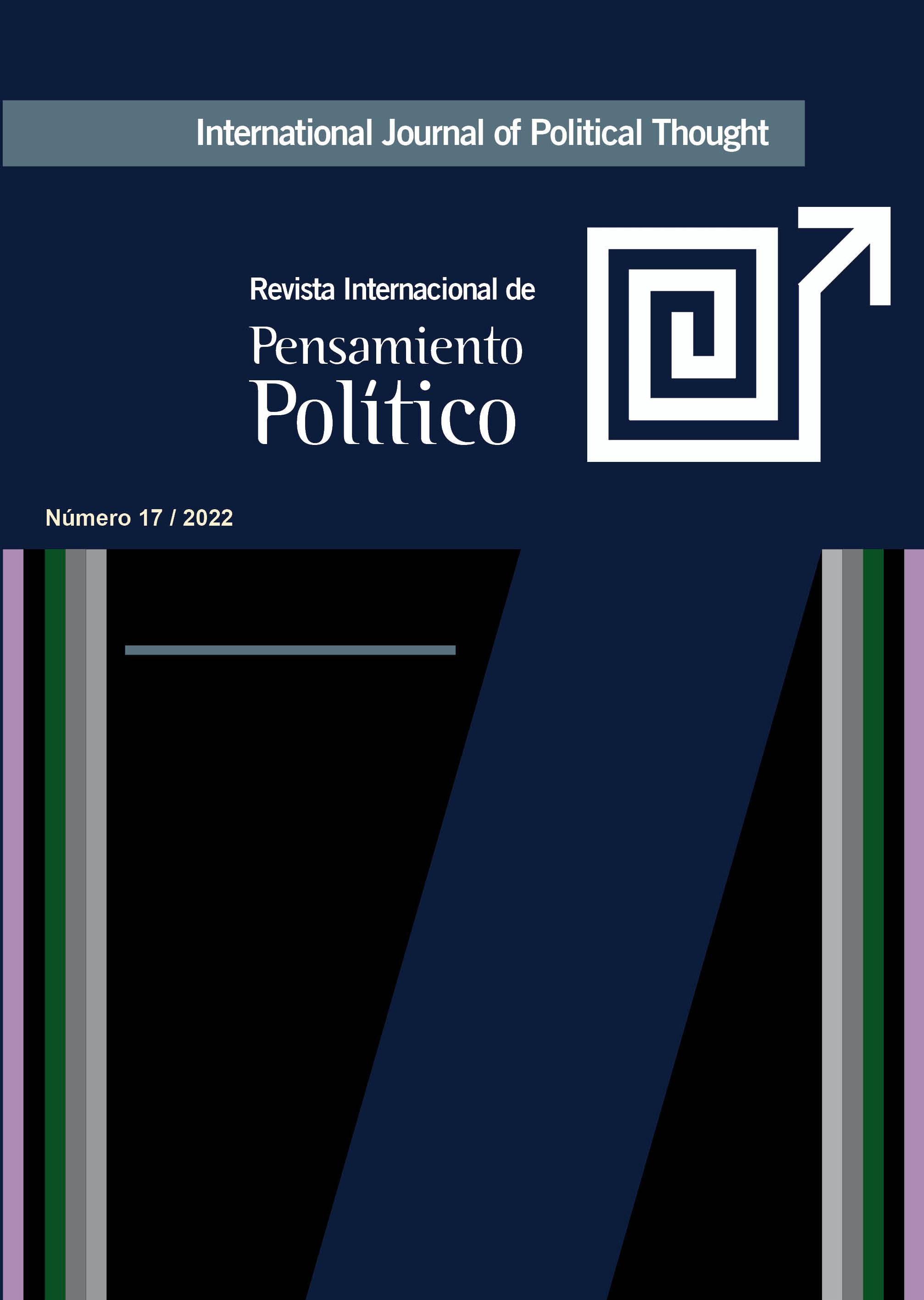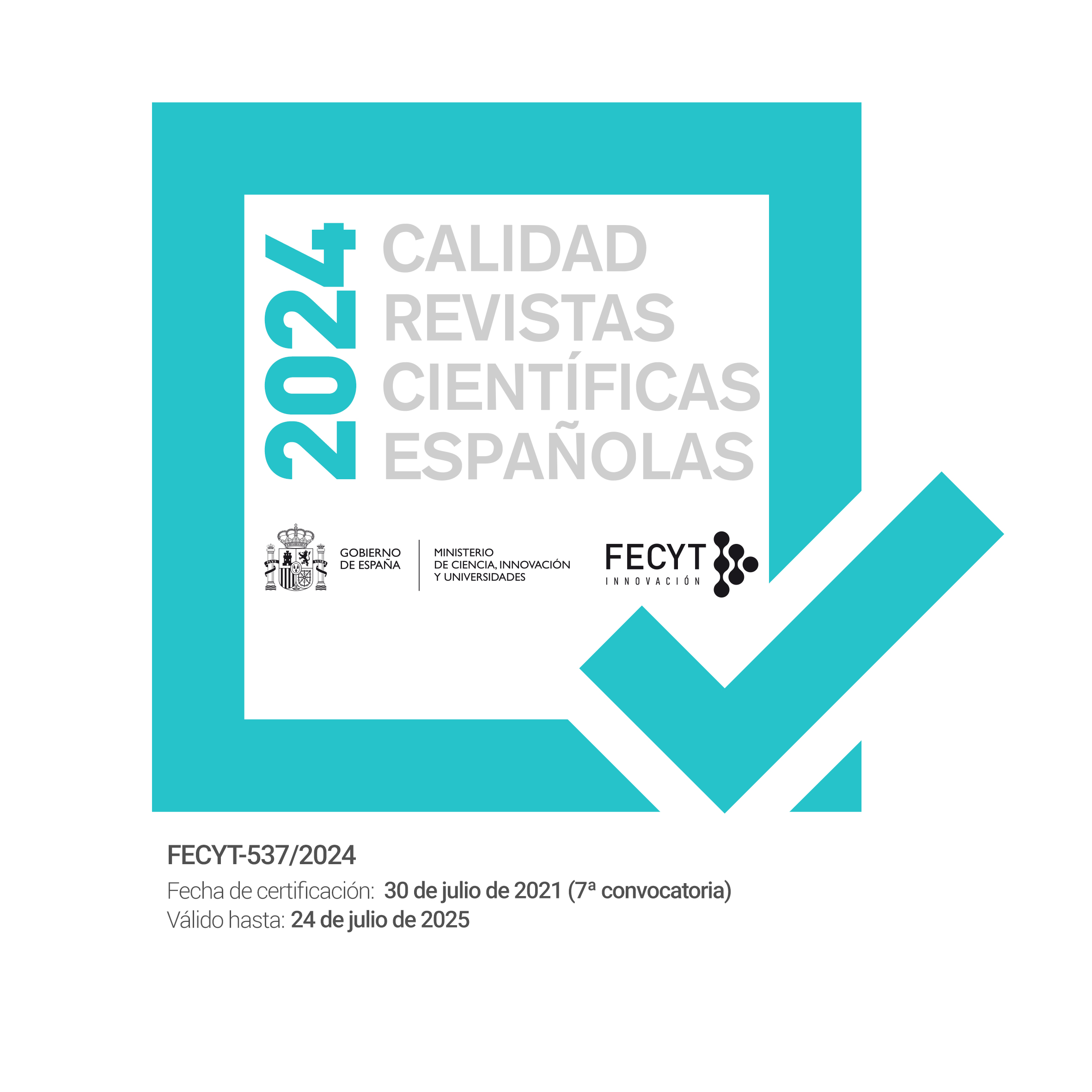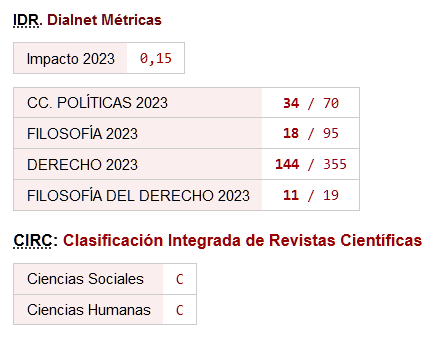Gender-Based Violence against Women in the Jurisprudence of the European Court of Human Rights
The Role of the Pronouncements of Expert Bodies
DOI:
https://doi.org/10.46661/revintpensampolit.7547Keywords:
gender violence, European Court of Human Rights, intersectional discrimination, State obligationsAbstract
Gender violence is being approached in a different way and with legislations that are far from being, at least, comparable, much less uniform and homogeneous. Hence, it is very important to heed the pronouncements of expert bodies as interpretative references of international standards on this matter and, above all, how the European Court of Human Rights utilises them to apply the European Convention on Human Rights. Precisely in that connection it is important to underline the obligations of the States for the actions of their state and non-state agents in order to protect and relieve the victim of gender-based violence from probationary requirements that may lead to re-victimization.
Downloads
References
Agencia Europea de Derechos Fundamentales (FRA), 12 septiembre 2019. Segunda encuesta de la Unión Europea sobre minorías y discriminación - Mujeres migrantes - Selección de conclusiones. Acceso: 1/09/2022. Disponible en: https://fra.europa.eu/en/publication/2019/second-european-union-minorities-and-discrimination-survey-migrant-women-selected
Campbell, J. (2019). La evaluación del peligro. Acceso: 20/09/2022. Disponible en: https://www.dangerassessment.org/DA.aspx
Cardona Llorens, J. (2022) "El valor jurídico de los actos adoptados por los órganos de tratados de derechos humanos: la necesidad de distinguir entre los distintos actos y entre los efectos jurídicos internacionales e internos", en Cuestiones actuales en torno a la aplicación de normas y obligaciones en materia de derechos humanos (Coordinador Enrique J. Martínez Pérez) Valencia; Tirant lo Blanch.
Caso Kurt c. Austria. (15/06/2021). Acceso: 16/09/2022. Disponible en: https://hudoc.echr.coe.int/eng/#{%22itemid%22:[%22001-210463%22]}
Caso Osman c. Reino Unido. (28 October 1998). Acceso: 6/08/2022. Disponible en: https://hudoc.echr.coe.int/eng#{%22itemid%22:[%22001-58257%22]}
Caso Talpis c. Italia. (18/09/2017). Acceso: 3/8/2022. Disponible en: https://hudoc.echr.coe.int/eng#{%22itemid%22:[%22001-171994%22]}
Caso Tunikova c. Rusia. (Final 22/03/2022) Acceso: 8/09/2022. Disponible en: https://hudoc.echr.coe.int/spa#{%22fulltext%22:[%22tunikova%22],%22documentcollectionid2%22:[%22GRANDCHAMBER%22,%22CHAMBER%22],%22itemid%22:[%22001-213869%22]}
Caso Volodina c. Rusia. Demanda nº 41261/17, 9 julio 2019. Acceso: 07/08/2022. Disponible en: http://efaidnbmnnnibpcajpcglclefindmkaj/https://www.cepc.gob.es/sites/default/files/2021-12/sentencia-volodina-v-rusia.pdf HUDOC https://hudoc.echr.coe.int/spa#{%22itemid%22:[%22001-211794%22]}
Consejo de Europa. Convenio del Consejo de Europa sobre prevención y lucha contra la violencia contra las mujeres y la violencia doméstica. Estambul, 11V.2011. Acceso: 30/08/2022. Disponible en: http://efaidnbmnnnibpcajpcglclefindmkaj/https://rm.coe.int/1680462543
Etxebarría Estnkona, K. (2022) "Valoración y gestión del riesgo: una herramienta clave en la protección de mujeres y menores víctimas de violencia de género", en La mujer víctima de violencia. Análisis multidisciplinar de ordenamiento jurídico español y europeo a la luz del Convenio de Estambul (Director José Francisco Etxebarría Guridi) Oñati; Instituto Vasco de Administración Pública.
Informe del Relator Especial sobre la tortura y otros tratos o penas crueles, inhumanos o degradantes. A/HRC/31/57. 5 de enero de 2016. Acceso: 24/07/2022. Disponible en: https://documents-dds-ny.un.org/doc/UNDOC/GEN/G16/001/00/PDF/G1600100.pdf?OpenElement
Ministerio de Igualdad. Delegación del Gobierno contra la Violencia de Género. Macroencuesta de violencia contra la mujer 2019. Acceso 15/09/2022. Disponible en: http://efaidnbmnnnibpcajpcglclefindmkaj/https://violenciagenero.igualdad.gob.es/violenciaEnCifras/macroencuesta2015/pdf/Macroencuesta_2019_estudio_investigacion.pdf
Naciones Unidas. Informe de la Cuarta Conferencia Mundial sobre la Mujer Beijing, 4 a1 5 de septiembre de 1995. Acceso: 1/09/2022. Disponible en: http://efaidnbmnnnibpcajpcglclefindmkaj/https://www.un.org/womenwatch/daw/beijing/pdf/Beijing%20full%20report%20S.pdf
Naciones Unidas. Recomendación general num. 35 sobre la violencia por razón de género contra la mujer, por la que se actualiza la recomendación general num. 19. Acceso: 29/08/2022. Disponible en: https://www.ohchr.org/es/documents/general-comments-and-recommendations/general-recommendation-no-35-gender-based-violence
ONU Mujeres. Declaración política con ocasión del 25º aniversario de la cuarta conferencia mundial sobre la mujer. Acceso: 3/09/2022. Disponible en: http://efaidnbmnnnibpcajpcglclefindmkaj/https://www.unwomen.org/sites/default/files/Headquarters/Attachments/Sections/CSW/64/CSW64-Declaration-SP-Fin-WEB.pdf
Relatora Especial sobre la violencia contra la mujer. Informe sobre Integración de los derechos humanos de la mujer y la perspectiva de género: la violencia contra la mujer. Informe de la relatora especial sobre la violencia contra la mujer, sus causas y consecuencias, misión a la Federación de Rusia 2006 E/CN.4/2006/61/Add.2 26 de enero de 2006. Acceso: 11/08/2022. Disponible en: https://documents-dds-ny.un.org/doc/UNDOC/GEN/G06/104/50/PDF/G0610450.pdf?OpenElement
Sjöholm, M. (2018) Gender-Sensitive Norm Interpretation by Regional Human Rights Law Systems. International Studies in Human Rigths, 121. Brill. ISBN: 978-90-04-34357-3. https://doi.org/10.1163/9789004343573
Downloads
Published
How to Cite
Issue
Section
License
Copyright (c) 2022 Javier Garcia Medina

This work is licensed under a Creative Commons Attribution-NonCommercial-ShareAlike 4.0 International License.
Open access policy
Free and open access is allowed to any interested party to all the contents of the journal issues, free of charge, being able to print and transfer all the articles, with the only condition of specifying the source and authorship.
The journal: a) does not charge authorship costs for the processing of articles or for their submission, b) maintains copyright for authors without restrictions, c) facilitates authors to keep their publication rights without limitations.
The International Journal of Political Thought is an original work of the Laboratory of Political Ideas and Practices of the Pablo de Olavide University. All articles included in the Journal are original work of their respective authors. This Journal is freely offered to the scientific and academic community at no cost and releases the contents according to the license "Attribution-NonCommercial-ShareAlike 4.0 CC BY-NC-SA" of the Creative Commons project available in the following url: https://creativecommons.org/licenses/by-nc-sa/4.0/legalcode
If you wish to translate or compile any of the articles available here, please contact us at contacto













 ISSN: 1885-589X
ISSN: 1885-589X  Universidad Pablo de Olavide
Universidad Pablo de Olavide